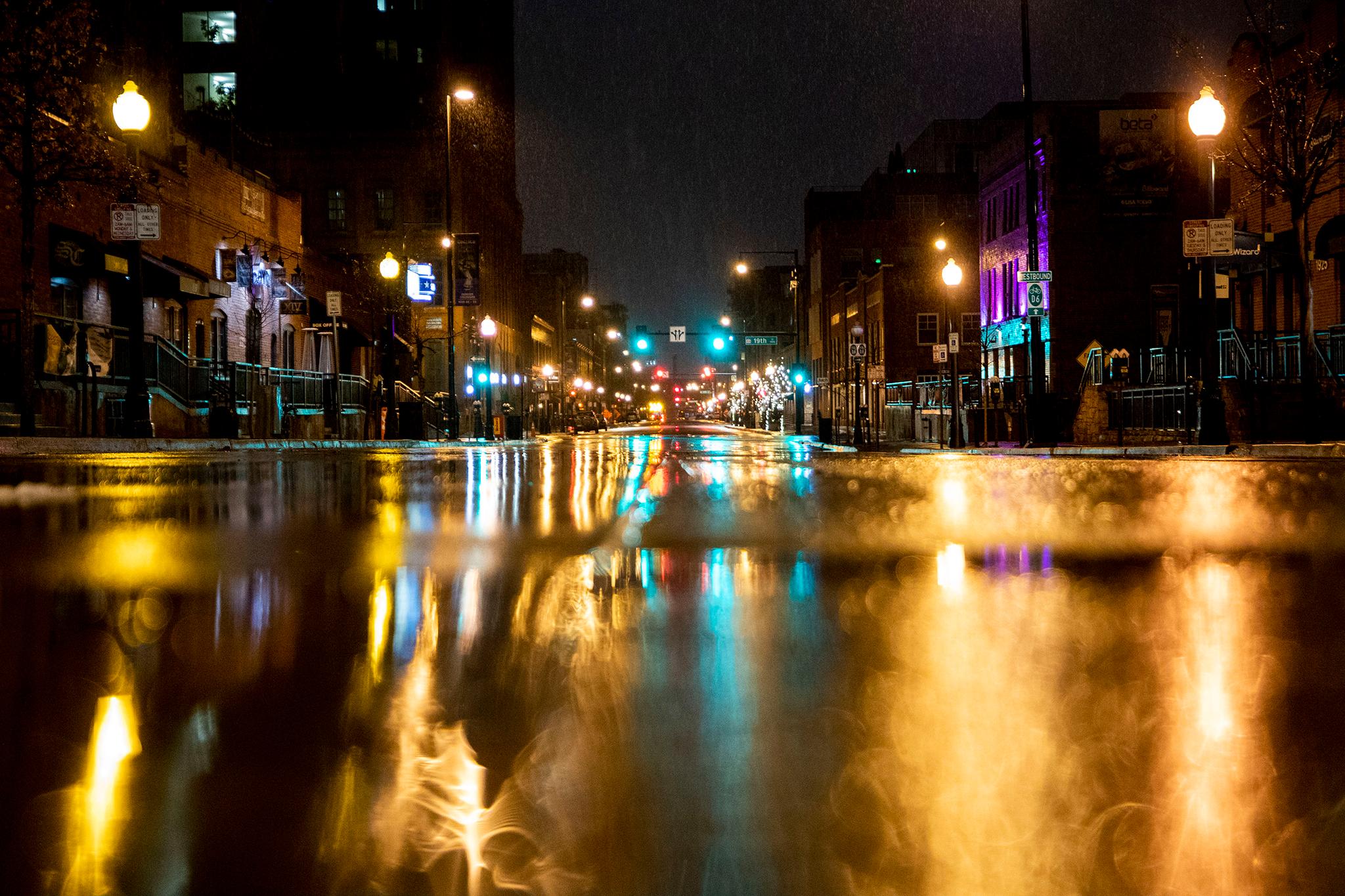Denver's chief financial officer has asked city department heads to significantly cut their budgets in response to the COVID-19 pandemic, which will shrink city tax collections by an estimated $180 million.
The shortfall equates to a 12 percent drop in expected tax revenue -- roughly double the hit caused by the Great Recession in 2009, Denver CFO Brendan Hanlon told Denverite.
Denver's government must dig out of a hole caused by city and state stay-at-home orders aimed at slowing the spread of COVID-19, the deadly respiratory disease caused by a new coronavirus.
The mandates have cramped consumer spending, crippled restaurants and shops, canceled the city's tourism industry, and essentially vacated Denver International Airport. As a result, tax collections from local and online retail stores, restaurants, bars, marijuana dispensaries, hotel stays, car rentals and jet fuel taxes are dwindling.
"We're going to have to take actions to make sure that we provide enough financial stability to the city government so that way we can continue to provide services at the level that the public expects," Hanlon said. But that task will be "a challenge," Hanlon admitted, because he has asked each city department -- transportation, public safety and down the line -- to cut its budget by 7.5 percent.
It's unclear when residents will start to feel those cuts. The Department of Finance has given department heads two weeks to identify belt-tightening measures and propose them to city officials who will make the final decisions. Originally, department heads were asked to cut just 3 percent of their budgets.
The city's projections are fluid and will change depending on how long physical distancing mandates lasts, Hanlon said. His estimate is based on gradual improvement "throughout the summer."
Cuts may or may not mirror those in the Great Recession days when the local government cut $52 million from public safety and $32 million from parks, recreation and cultural funds, according to a 2013 study from Pew Charitable Trusts.
"The budget is different than it was (in 2009) because we've had pretty significant growth over that seven-year period of time. I would hesitate to say that we just go back and do the same things that we did there and lead people to fix it," Hanlon said.
Denver also froze hiring during the recession. Government officials have already made the same move in light of the pandemic.













